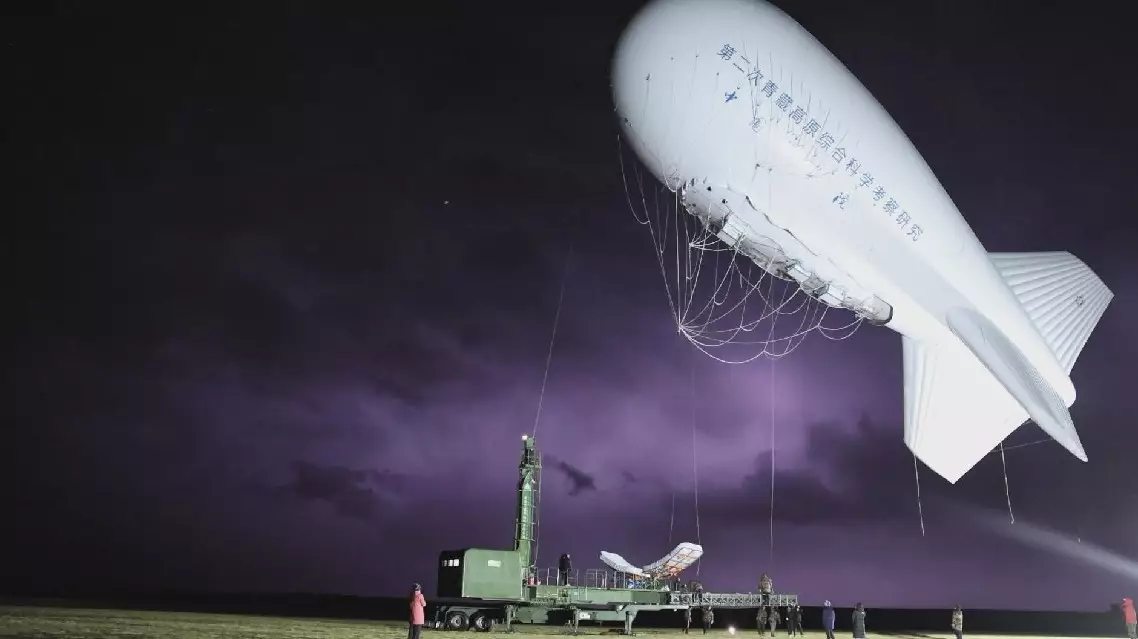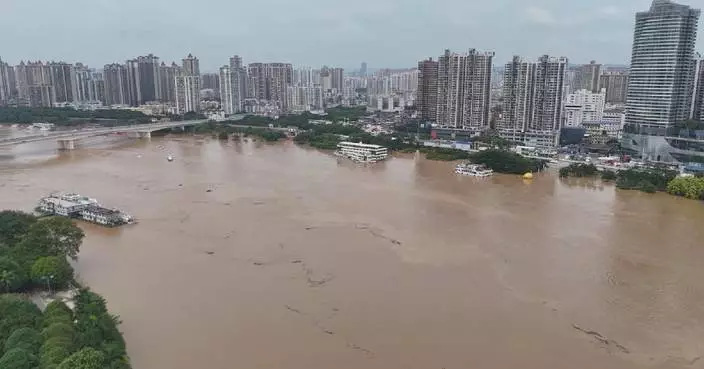Prime Minister of the Republic of Fiji Sitiveni Rabuka emphasized the importance of sustainable development in the Pacific region to ensure a shared and prosperous future for all people in the area during an exclusive interview with China Media Group (CMG) in Beijing on Tuesday.
At the invitation of Chinese Premier Li Qiang, Rabuka paid an official visit to China from Aug. 12 to 21.
Fiji, along with other Pacific countries and territories, is actively collaborating under the 2050 Strategy for the Blue Pacific Continent. This strategy envisions a resilient Pacific region characterized by peace, harmony, security, social inclusion, and prosperity.
Rabuka said his visit to China has inspired him to further promote sustainable development in the region.
"All to do with the development goals of the world, of the United Nations and the global Sustainable Development Goals. We would like to continue and pursue those and pursue them peacefully, and ensure the prosperity of the people and the land, continue to improve without destroying any of our oceans, our land, and our resources. We have so much that we have inherited, which is needed by the rest of the world. We do not want to over-exploit those to the detriment of our own people. I've come here, and I've seen your fish farming; you are not farming in the ocean. I said, 'Well, that's one way of repopulating the ocean with the fish.' So that is the sort of thing that we need, to build into this architecture of the ocean, the blue peaceful continent that we are thinking of," he said.
The prime minister expressed strong support for the ideal of building a community with a shared future for mankind, as proposed by Chinese President Xi Jinping. He noted that this vision aligns closely with his own ultimate goal of fostering global solidarity and collective well-being for all.
"Grown out of village settings and you are closer to nature then, and you know what is important to nature. Nature is peace. Everything about nature is peaceful. So when you have that, when you were brought up in that, it [the vision] is in your psyche; it's in your body; it's in your mind," said Rabuka.
According to a joint statement issued by China and Fiji on Tuesday, Fiji acknowledges the Global Development Initiative, the Global Security Initiative and the Global Civilization Initiative proposed by President Xi. The Chinese side reiterated its readiness to strengthen cooperation with Fiji in the Group of Friends of the Global Development Initiative to help Fiji accelerate the implementation of the U.N. 2030 Agenda for Sustainable Development.
Speaking of why Fiji joined the Group of Friends of the Global Development Initiative, Rabuka said his country was in tune with the global development trend.
"Because it's part of the way the world is going. The way the world is going should be where we should be also going. And why be left behind?" said the prime minister.

Fijian PM highlights concepts of sustainable, peaceful development

Fijian PM highlights concepts of sustainable, peaceful development

Fijian PM highlights concepts of sustainable, peaceful development

Fijian PM highlights concepts of sustainable, peaceful development









